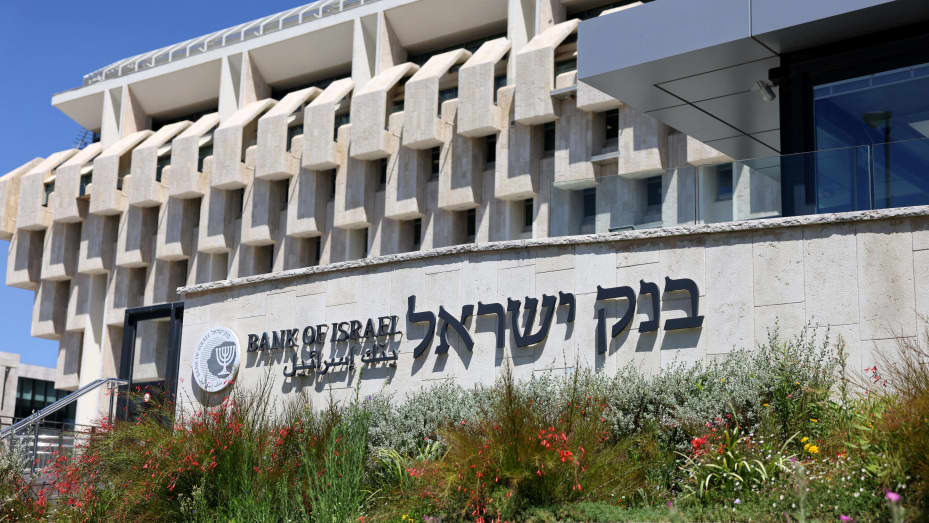The Bank of Israel has raised concerns about the economic consequences of the limited participation of ultra-Orthodox Jewish men in the country’s military, contributing to divisions within Prime Minister Benjamin Netanyahu’s government.
In its 2023 annual report, the central bank emphasized the strain placed on the economy due to the increased demand for military service following Israel’s conflict with the Palestinian Islamist group Hamas.
The extended service requirements for both conscripts and reserve soldiers are impacting soldiers’ productivity and their spouses’ employment.

The Bank of Israel highlighted the need to broaden the military personnel base to include the ultra-Orthodox population. This, it argued, would help meet defense needs while alleviating the economic burden on individuals and the economy as a whole.
Netanyahu‘s government announced intentions in February to end military service exemptions for ultra-Orthodox Jews, aiming for a fairer distribution of the wartime burden across society.
However, this decision faced opposition from ultra-Orthodox Jewish parties, leading to internal tensions within the coalition.
The deadline for the government to propose legislation to address the issue passed, with Netanyahu requesting a 30-day deferment from the Supreme Court.
The Bank of Israel underscored the significant growth of the ultra-Orthodox sector in the economy, projecting it to constitute 25% within 40 years.

With only 55% of ultra-Orthodox men currently employed, the country faces a potential loss of six percentage points of GDP by 2065, along with increased tax burdens.
Bank of Israel Governor Amir Yaron stressed the importance of fiscal discipline amidst plans to augment defense spending. Yaron suggested that any increase in the defense budget should be offset by cuts to civilian spending to prevent a sustained rise in the public debt-to-GDP ratio.
Lawmakers recently approved amendments to the 2024 state budget, allocating additional funds for defense. Israel intends to increase defense spending by approximately 20 billion shekels ($5.4 billion) annually.





